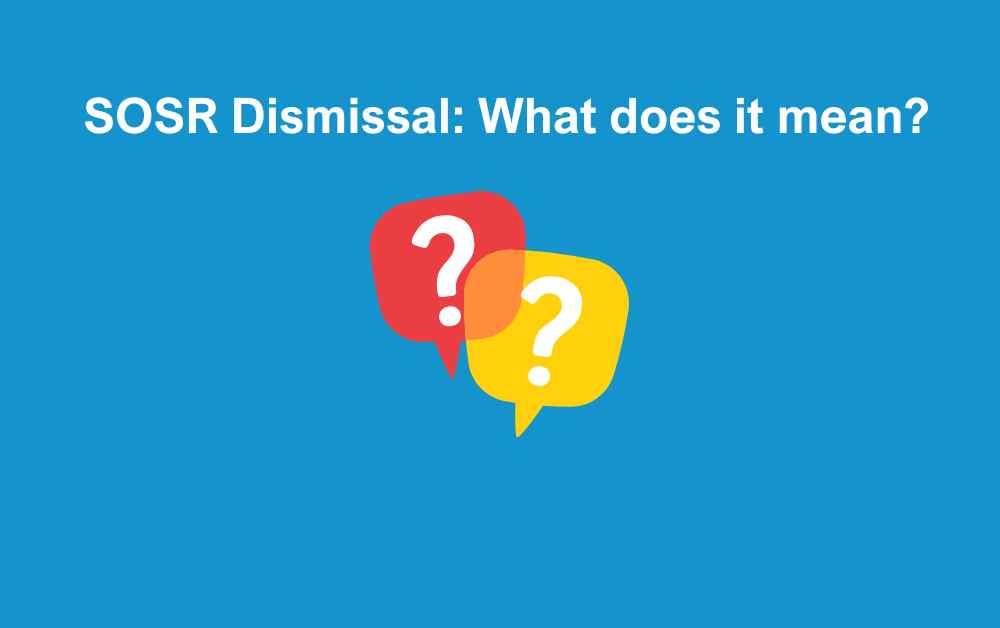In order to dismiss an employee fairly and in line with employment law, a fair reason must be provided. Under section 98 of the Employment Rights Act 1996, there are five reasons that can be considered fair when considering dismissal. This includes a breach of statutory restrictions, capability and performance, redundancy, conduct, and ‘some other substantial reason’ (SOSR Dismissal).
In this blog post, we will explore the meaning of SOSR, when it can be used fairly, and what’s not covered by SOSR.
What is SOSR?
SOSR means dismissing an employee for some other substantial reason. This category in the employment rights act allows you to terminate an employees contract when the other four reasons do not apply. The statutory definition of ‘substantial’ is not very clear. However, guidance does advice that it should not be frivolous or insignificant.
When does some other substantial reason apply?
SOSR dismissal can be fair in certain situations, depending on the circumstances. Examples of this includes:
A fixed-term contract has expired
You may have offered fixed-term contracts to cover busy periods or certain projects and they’ve now come to an end. If you are planning to dismiss an employee due this, the use of SOSR may be considered fair. However, it’s very important to remember there’s not much of a difference between a contract expiring and redundancy. Therefore, it could be a good idea to get some advice on this before making any decisions.
Conflict of Interest
A conflict of interest can be a reason for a SOSR dismissal. You may find yourself in a situation where your business and your employee are not aligned or are in direct conflict. This can be that your employee has an outside interest in a competitors business or there may be a close connection to someone who works for this competing business. Such conflicts can potentially compromise loyalty, confidentiality, and decision-making. This should be addressed promptly and transparently.
Clashing Personalities
Personality differences are a natural part of life and it’s unrealistic to expect everyone to get along all the time. In the workplace, individuals bring different personalities, communication styles, and ways of working. While professional standards require employees to collaborate respectfully, even with those they may not personally get along with, there are rare cases where a serious personality clash can escalate to the point of significantly disrupting business operations. In such circumstances, it may be considered a fair reason for a SOSR dismissal. However, it’s essential to demonstrate that all reasonable steps were taken to resolve the issue beforehand and that dismissal is genuinely a last resort.
Temporary Cover Contract
Do you have an employee currently on temporary leave such as maternity, and you have employed someone to cover the period of time they are off? You are able to dismiss the employee hired to cover this time under ‘some other substantial reason’. This is typically considered fair. However, you must be very clear from the offset that they are employed to cover the permanent employee while they’re off. You must ensure they fully understand what this means.
Third Party Demands
You may be faced with a situation where a client refuses to continue working with you unless you dismiss the employee. This usually happens when the staff member works at the customers premises, contracted to provide a service such as cleaning, security, or maintenance work. If the client has made it clear they do not want the employee onsite anymore and you have no alternative roles, SOSR dismissal is then a potential way forward.







